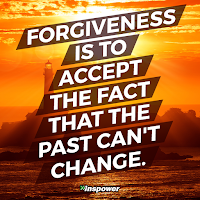 |
| Yes, this really is my desk...isn't it fabulous? I cleaned it off just for you! Photo: Personal |
Albert Einstein once said "In the midst of difficulty lies opportunity." I have this quote outside my office door because I know this to be true: The only times in our lives that we learn, change and grow is when an obstacle gets in our way.
I believe that counseling can be a safe, non-judgmental place where people can turn for help when life gets tough and they don't know what else to do. It's my job to help the person learn new ways to jump over the obstacle and move on with their lives.
My philosophy is guided by the belief that each individual has within them all the wisdom and knowledge necessary to change and heal. In other words, you are the expert in your life...I most certainly am not.
I believe that counseling can be a safe, non-judgmental place where people can turn for help when life gets tough and they don't know what else to do. It's my job to help the person learn new ways to jump over the obstacle and move on with their lives.
My philosophy is guided by the belief that each individual has within them all the wisdom and knowledge necessary to change and heal. In other words, you are the expert in your life...I most certainly am not.
That said, the purpose of this blog is to share information about some of the issues that are of interest to our college community (and beyond, I hope); ones that may inspire people to live better, feel better, and perform better.
Some issues could possibly prompt someone to seek counseling; I am eager to share the value of this kind of help and dispel the many myths and stigmas associated with it.
Your comments, concerns, and suggestions for topics you'd like to see addressed here are always welcomed, and invite you to subscribe to the RSS Feed option, so you'll know when a new post is published.
Some issues could possibly prompt someone to seek counseling; I am eager to share the value of this kind of help and dispel the many myths and stigmas associated with it.
Your comments, concerns, and suggestions for topics you'd like to see addressed here are always welcomed, and invite you to subscribe to the RSS Feed option, so you'll know when a new post is published.
(c) 2011-2016 Robyn King. All Rights Reserved.

























